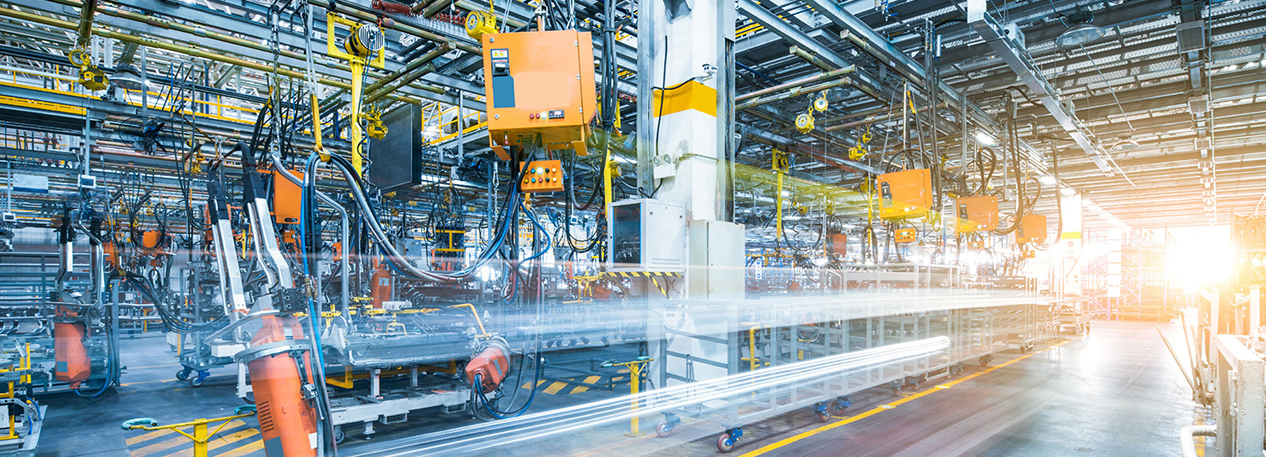Automation, enabled by artificial intelligence, robotics, and other technological advancements, is rapidly changing people’s jobs and lives. Automation has the potential to improve productivity and allow workers to focus on safer, more productive, and more creative tasks. However, people are concerned about the risk of job losses and increased income inequality due to the wide adoption of automation technologies.
Automation is capable of replacing many tasks that follow well-defined procedures and even certain complicated tasks where learning and judgement are required. Certain jobs thus could become entirely redundant as more work is done by computers or robots. In addition to job replacement concerns, automation could lead to increased inequality if it reduces demand and wages for low-skill jobs while the displaced workers from these occupations have greater difficulty in adapting to a job market undergoing rapid technological progress.
However, less attention is paid to the job opportunities for workers whose jobs are at risk of automation. Automation could lead to significant job losses, but new jobs will be created, and workers thus will have the opportunity to switch occupations. It is important to understand where job growth will occur and under what conditions there could be enough new jobs for displaced workers. In addition, most studies provide a global or national perspective on the impact of automation — fitting, since the global economy has become more interdependent. However, there is little guidance on the implications of these national findings for practitioners and policymakers at the local level, as automation’s effects on work will likely differ across regions. This study intends to shed light on these issues using existing data and evidence.
View the Full Report